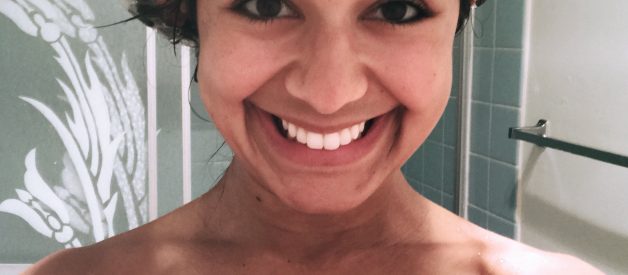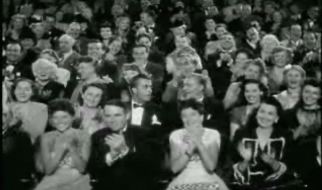About two years ago, I heard about Wim Hof, a Dutch who climbed Mount Everest wearing nothing but shorts and shoes. I was personally impressed with his resistance to cold because I?m the type of person who sleeps with five blankets even during the summer (And yes, all my exes complained about it!).
How could this guy put his body in extreme conditions and not die or go crazy of hypothermia?
I grew up with my grandma saying I should never take a hot shower and go outside. She said that it would twist my face and I would never get my facial expression straight again. She scared the hell outta me with this story, so I would always be aware of my post-shower actions. Until?
I started dating this guy a few years ago. He would often spend some time in a sauna and jump in a cold pool after. He would do this on a routine basis. When we would go to the gym together he would encourage me to try. I was scared. I faced the challenge and tried, even though I had my gradma?s voice in my head.
I felt amazing. Somehow exposing my body to such an extreme change made me feel empowered and in control.
From that day on I started ending my warm shower with 15?30 seconds to cold water only.
UPDATE 07/30/2020: I shared on my YouTube channel my findings on the benefits of cold showers.
Whenever I would turn on the cold water I would say to myself:
Who is control? You are.
It was not only the sense of power from taking cold showers that made me feel good, but I also learned other benefits to the process from the Wim Hof method later on. When he posted about the #20DayColdShowerChallenge on IG, I decided to join. As a matter of fact, my method a bit more extreme than what he suggests. Instead of ending my shower with a few seconds to a minute of cold water, I straight-up took cold showers ? for 30 days.
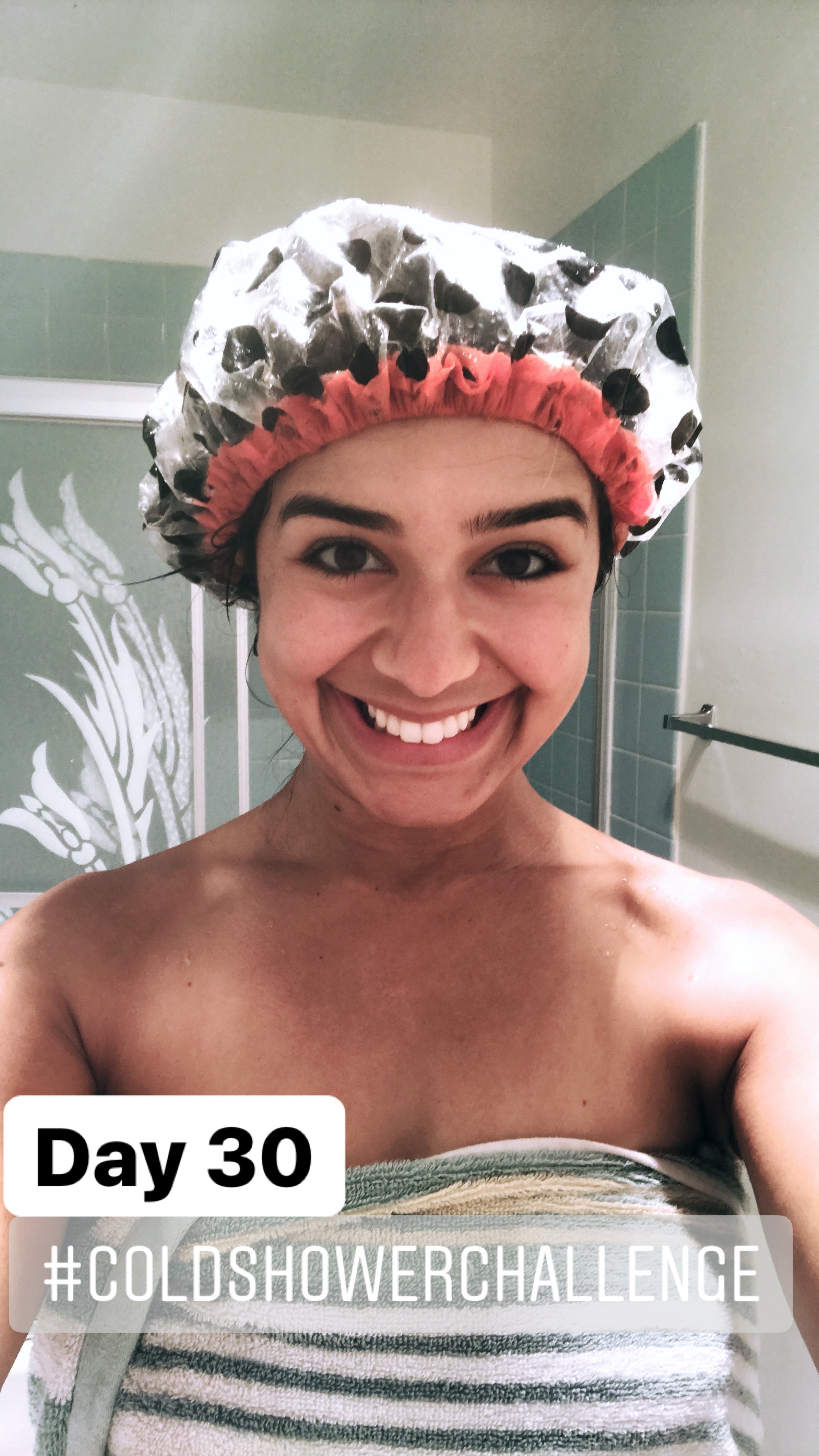 Other benefits of cold showers that I forgot to list: your mirror doesn?t get foggy & you save on power bill.
Other benefits of cold showers that I forgot to list: your mirror doesn?t get foggy & you save on power bill.
All January long: freezing fucking cold showers? and here?s what I noticed in my body from this experience:
My skin and hair definitely look healthier, I haven?t felt sick (despite having had contact with many people who got a cold or a flu), I felt more relaxed and motivated to workout (I?ve been training to run a marathon) and my sex-drive increased.
Most of the things I observed in my own body were actually proved to be some of the benefits of cold showers. Scientifically, the routine of cold shower:
Improves circulation. Alternating between hot and cold water makes our blood move faster to keep our organs warm.
Relieves depression. A short cold shower can stimulate the production of noradrenaline. Our brain?s blue spot reacts to the low temperature releasing this chemical that can help mitigate depression. In addition, a study from the Department of Radiation Oncology at Virginia Commonwealth University?s School of Medicine suggests adapting to cold shower can be a potential treatment for depression. So, next time you are feeling blue, take a cold shower.
Strengthens your immune system. When the body works to warm itself up our metabolic rate increases. Consequently our immune system is activated, releasing more white blood cells in response. A study published at PLoS One observed executives for a period of time and found that a routine (hot-to-) cold shower resulted in a statistical reduction of self-reported sickness absence at work. Fascinating, isn?t it?
Makes your hair shinier and your skin smoother. It?s something about how cold water closes up the pores of your skin and the cuticles of your hair. Warm water does the opposite. So, when you are doing a treatment such as a hydration you should alternate: Use warm water to open the pores and cuticles, apply your hydrant, and wash it off with cold water to close and finalize the process.
There is also a lot of controversy about cold showers being able to increase your testosterone levels. Tim Ferriss (?), in his book ?The 4-Hour Body?, mentions cold showers in a protocol that promises to triple your testosterone level. Powerlifters back in the Soviet Union had the habit of freezing their balls right before big competitions. A practice adopted even by Putin. However, there are many other studies that prove the opposite. A cold shower could actually decrease your testosterone levels.
_(?)_/
I think my levels of testosterone increased. But that?s my experience and impression, okay? Each body is different.
Identifying excuses from real boundaries
By the way, I want to clarify something. During my 30 days of a cold shower routine, I heard a lot of people saying:
?Oh! I cannot do this?.
?I would cry if I had to take a cold shower everyday?.
?You are crazy!?; ?Why are you doing this to yourself??
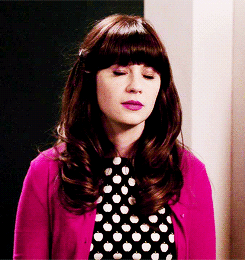
Well, I put myself in this position out of a personal challenge. I?m not suggesting or challenging anyone to do the same. I think every person should know their boundaries and limits. However, I also believe that there?s a big difference between boundaries and excuses.
YOU decide if YOU want to try something new or if you want to DO/MAKE/EXPERIENCE something new.
My way of learning the difference is by observing the signs I get from my body. A combo of old-clichs ?listen to your body? and ?what are the signs you are getting from it?? and ?how?s your body reacting??.

It might seem too generic to say that you have to observe the signs your body is sending you, but it?s actually quite simple. I started asking myself basic questions such as:
- How often I go to the restroom? What times of the day?
- What?s the color of my urine?
- How many glasses of water have I had today?
- How do I feel after eating a plate of pasta?
- How do I feel when I eat eggs, bacon or broccoli?
- Am I getting enough sleep? How many hours per night? Did I dream or have a nightmare?
- How do I feel the days I meditate? How about when I don?t?
- How did I feel when I woke up? Was I anxious? Tired? Rested?
- When do I get a pimple? How do my habits (eating, sleeping, exercising) look like right after I get a pimple? Am I close to getting my period or have I just eaten a lot of fat and sugar? Or both?
- How do I feel in the days that I work out? How about the days when I don?t?
By answering these questions I get closer to my inner self. In this process, I?ve been discovering this interesting-complex-and-beautiful person called: myself. I look in the mirror sometimes and say out loud:
Hey, beautiful! I?m glad I get the chance to know you better. Thank you!
Talking about listening to your body signals, I?ve noticed that one of the biggest clues to identifying what my body is missing has a deep relation with the way I eat. One day, my dear friend Amanda Paixo posted something about eating habits that got me thinking:
Put beautiful, healthy, and life-giving things into your body.
It makes so much sense. Your body is your temple. What do we want to bring into our temple? A greasy-carb-loaded sandwich? A high-protein meal with eggs, bacon, broccoli and spinach?
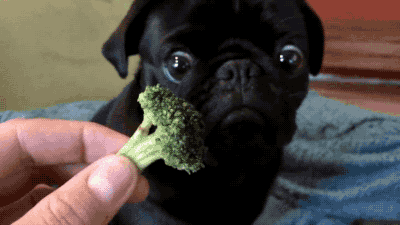
My friend?s post actually relates a lot with what I read on Eat Your Feelings, by Lindsey Smith. She is a health coach and TEDx speaker who explains the relation between the food we eat and how we feel. She breaks each recipe down by emotions and gives the science behind our feelings and eating habits. Why do we crave certain foods on certain days?
On many nights, after a long day of work or study, I would feel helpless and attack my kitchen cabinet. Hurricane Ana would eat everything on her way. My go-to comfort food would be dark chocolate, cheese, nuts, popcorn, ice-cream and crackers.
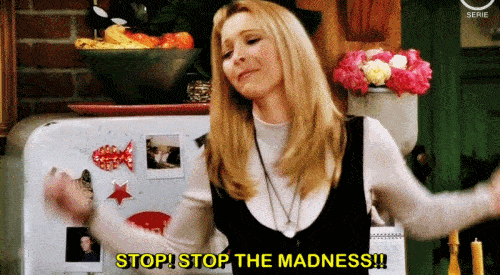
Why?
Well, it could be related with the connection I made in the past with these foods, but it could also signal that my body is missing some nutrient.
Whenever my ex and I would have Netflix and chill nights we would eat chocolate, cheese, nuts, popcorn, ice-cream? somehow, my brain was asking for the sense of security and happiness. But more than that, it was a way my body found to ask me for a boost in serotonin. And believe it or not, there are other sources of serotonin besides eating. For example, exercising, being exposed to sunshine, or doing something positive or a good deed for someone else.
Just like warning lights on car, the quality of my sleep is another great indicator of how my body is functioning. After many nights going to bed anxious and worried about my life, I changed my nightly routine.
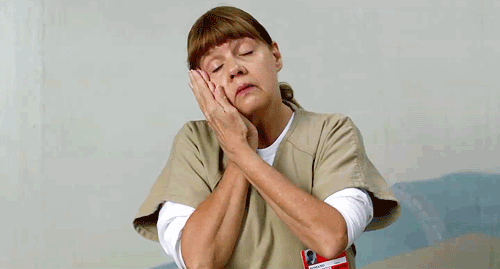
Here are my game-changing tips for sleeping better:
Meditate before bed. I?ve been using Headspace, a guided meditation app, for the past two years. I used to do my meditation mostly in the mornings, but for the past six months I?ve been practicing it at night. Andy?s voice really calms me down and I go to bed feeling relaxed.
Use a Sleep Eye Mask. I confess that I start using the mask after moving to Long Beach back in November. The blinds in my room are not very effective and I like to sleep in the complete dark. Then I read Thrive by Arianna Huffington. In her book, Arianna tells her a story of personal wake-up call and how she redefined success and her routine. She talks a lot about the importance of sleeping well. (A subject for a second post)
Sleep naked. I don?t even remember when I got in to this habit, but helps me to fall asleep faster.. The science behind it is that when we sleep naked we help our brain easily regulate our body temperature throughout the night. Naturally, our body temperature goes down during the night. When we sleep in pajamas it confuses the body, because it has to identify which parts are covered and which ones are not, and then adjust to a comfortable temperature.
Avoid drinking any liquids. Within at least one hour of bedtime, I restrain myself from drinking liquids, so I don?t wake up in the middle of the night to go to the restroom. Interrupting your sleep is not beneficial. (Again, I?ll write a post focused on this topic of ?sleeping practices?)
Avoid screens and blue lights. Meaning turn-off your phone and laptop within at least 30 minutes before bed.
I also have a certain routine when it comes to waking up from dreams or nightmares. I believe that our unconscious talks to us through dreams. I?ve seem a lot of stories were dreams acted as prediction. World-renowned psychotherapist Esther Perel shared on Tim Ferriss? podcast that her parents, both Holocaust survivors, would receive messages in their dreams that literally saved their lives.
So whenever I have a dream I try to remember how I felt when I woke up or how I felt while I was dreaming. It usually helps me identify the hidden emotion of prediction behind the dream.
Then, I search for the meaning of the objects, numbers, places, people, things, and food that I can recall from the dream. It helps me make connections and associate myself with my current life and my dreams.
Of course all of this is relative and very questionable. But these are things that I believe and have also helped me to better understand and connect with myself.
How about you? What signs have you received from your body & how did you relate to it? Which topic of from today?s post did you like the most? Which one would you like me to explore more? Please, tell me in the comments or on Twitter.
Thanks for reading and See You Next Tuesday! 😉
Let?s connect! Tell me your about your journey in the comments and/or follow me on Twitter: @anaclaraotoni.
UPDATE: I got a lot of feedback about this post and wrote a few more things about my Cold Shower Challenge here.
